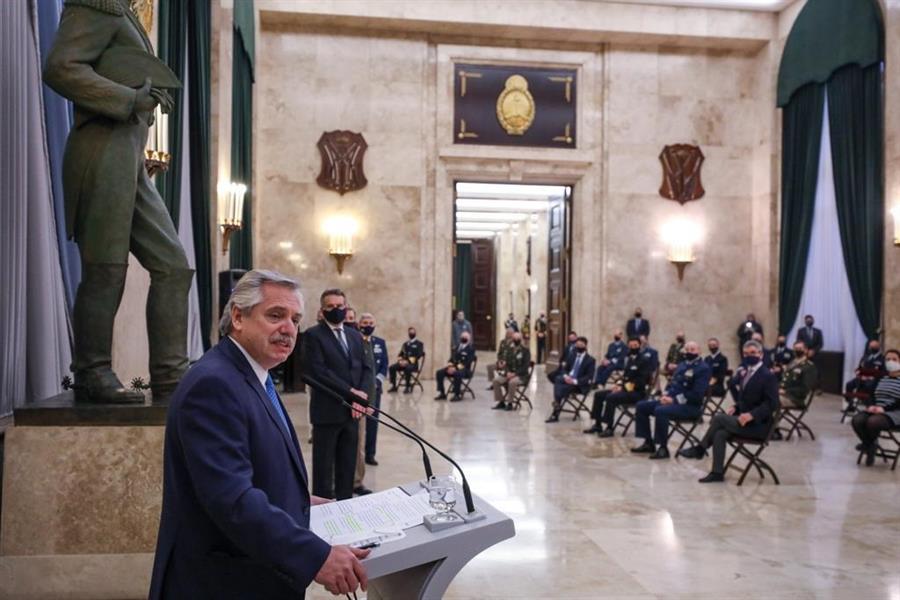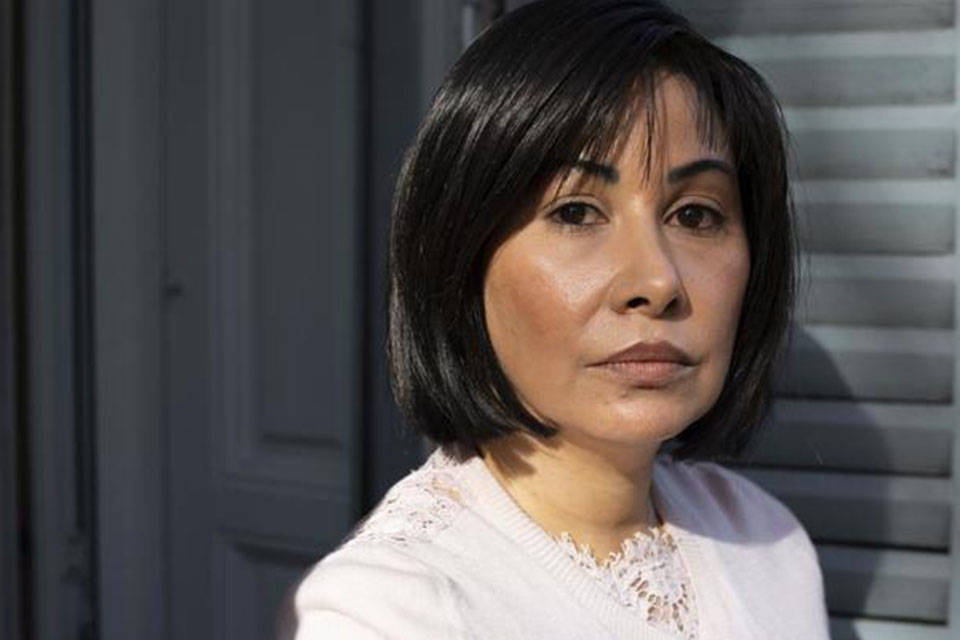
Spanish – In the first stage of Kirchnerism, when the justice system ruled against the political interests of the government, Néstor and Cristina condemned the functioning of a supposed “judicial party.” They argued that it functioned as a political body that was dedicated to creating obstacles for the executive branch, as voted for by the citizens.
Although those days are long gone, and many things have happened in the meantime, such as the insipid presidency of Mauricio Macri, now more than ever, we must remember those debates. The official communications machinery, made up of public and private media, questioned the legitimacy of the judiciary since the latter had not been “voted for by the people.” Argentina has reached this level of decadence, and, unfortunately, it seems that today, we are on the verge of replaying these debates.
If Peronism was mad about the judicial rulings against it, let’s imagine an alternative situation where the Supreme Court comes out and says that the executive branch is “malfunctioning,” so it has to be “reformed.” The security forces would probably be evicting the judges from their offices, accusing them of an attempted coup d’État. Well, the reverse situation is happening these days, and it seems that very few people are aware of the gravity of the facts.
“The Supreme Court is malfunctioning,” President Alberto Fernández said this morning as he presented a reform bill affecting the judiciary. “All my life, I have said that the problem is not in the number of members of the court. It can work with five members, but what I do say is that the court is malfunctioning.”
The reference to the number has to do with the latest maneuvers of the Argentine governments that have used extensions and reductions to further their interests and the loyalty of the ministers of the highest court. Fernández had already promised in his campaign that he would not touch the number, which he is ratifying today, but the truth is that it is not the only tool that the executive can use to “get its hands on” another independent power of the state.
“Why are we indulging in these debates if what we are trying to do is make this work differently? Can anyone tell me what the federal justice system has done well over the last 20 years? Anyone who tells me that it has is a great cynic,” argued Fernández.
The Argentine president is right in his approach, and one would have to be quite bold to say that the Argentine justice system is functioning in an exemplary manner. But you also have to be a “great cynic” to offer technical arguments, when you are considering the incorporation of a council, where the members include Cristina Kirchner’s lawyer, who has handled her corruption cases.
Argentina is more than a year away from the mid-term legislative election, and, at this time, the economic crisis is impacting the image of the government. However, Fernández is taking advantage of the absence of a strong opposition leader to advance on as many fronts as possible.
In the coming months, the agenda could be one of civil resistance. Already with quarantine in place, the streets have marked the field for the ruling party and the attempt to nationalize Vicentin. Despite the pandemic and the economic situation, the people distrust the government and are not afraid to protest.
 Versión Español
Versión Español













